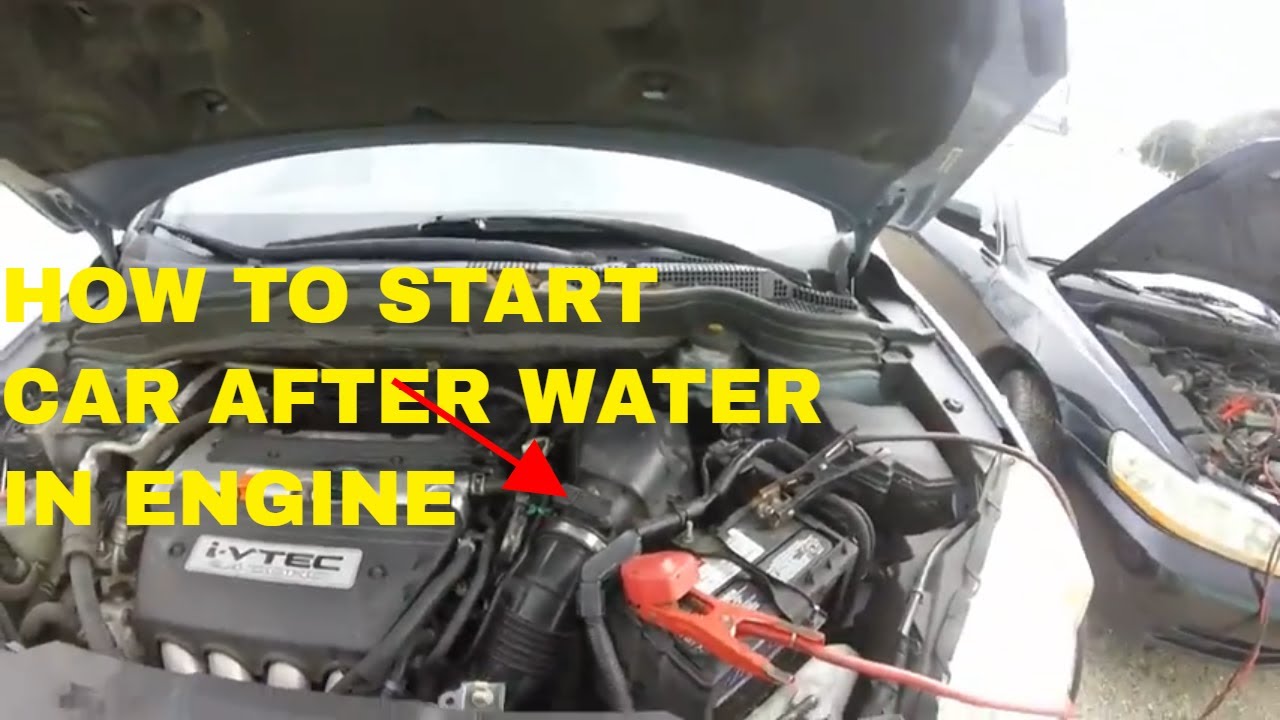Contents
What Happens When a Car Engine Gets Wet
The Dangers of Water in the Engine
Water is the enemy of car engines. If water gets into the engine, it can cause a number of serious problems, including:
- Hydrolocking: This occurs when water gets into the cylinders and prevents the pistons from moving. This can cause the engine to seize up and require major repairs.
- Corrosion: Water can cause the metal parts of the engine to corrode, which can lead to premature failure.
- Electrical problems: Water can damage the electrical components of the engine, such as the spark plugs and ignition coils.
How to Prevent Water from Getting into the Engine
There are a number of things you can do to prevent water from getting into your car’s engine, including:
- Keep your car out of flooded areas. If you have to drive through a flooded area, do so slowly and carefully.
- Check your air filter regularly. A dirty air filter can allow water to enter the engine.
- Have your car’s weatherstripping inspected regularly. Damaged weatherstripping can allow water to leak into the engine compartment.
- Use a water-repellent spray on your car’s engine. This will help to keep water out of the engine.
What to Do If Your Car’s Engine Gets Wet
If your car’s engine does get wet, it’s important to take the following steps:
- Turn off the engine immediately. Do not try to start the engine if it is wet.
- Check for water in the engine oil. If there is water in the oil, it will need to be changed.
- Have your car towed to a mechanic. A mechanic will be able to assess the damage and make the necessary repairs.
By following these tips, you can help to prevent water from getting into your car’s engine and causing serious problems.





